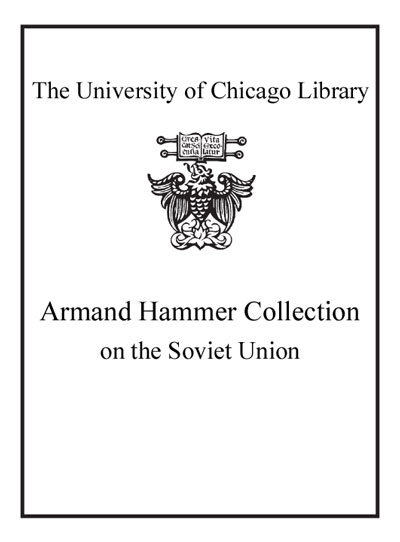Review by Choice Review
This is a chronological account of the relationship between the post-Stalinist Soviet Union and the Third World--not a place, but "an emancipatory supranational movement"--drawing from Soviet archives on literature and cinema. The book's underlying idea is that the Soviet Union was engaged in a postcolonial venture before the term became fashionable, focusing on the Afro-Asian Writers Association (1958--91) and the biennial Tashkent Film Festival for African, Asian, and Latin American film (1968--1988), where filmmakers gathered to learn and exchange revolutionary ideas. Djagalov (New York Univ.) fleshes out the intervention of Soviet cultural infrastructures to convey emancipatory ideas through professional associations and educational institutions, such as KUTV (a Moscow-based university). For example, Soviet institutions like the All-Soviet State Institute of Cinematography (VGIK) offered training in filmmaking to students from the Third World. Though African intellectuals later saw the waning of the Soviet Union's internationalism as a betrayal, Djagalov sees it as preparation for a new generation of proponents to fully employ the project of postcolonialism. This complex book requires a good grasp of Soviet or Third World cinemas and the history of the cultural competition between the superpowers. It is in line with Vijay Prashad's The Darker Nations (2007) and Robert Young's Postcolonialism: An Historical Introduction (CH, Feb'02, 39-3646). Summing Up: Recommended. Upper-division undergraduates through faculty. --Kasongo Mulenda Kapanga, University of Richmond
Copyright American Library Association, used with permission.
Review by Choice Review

